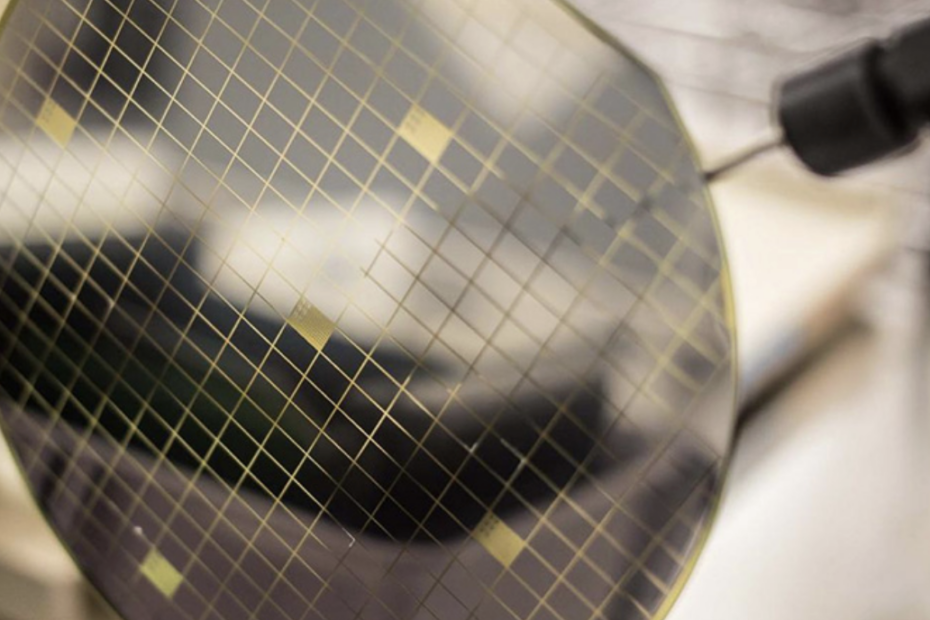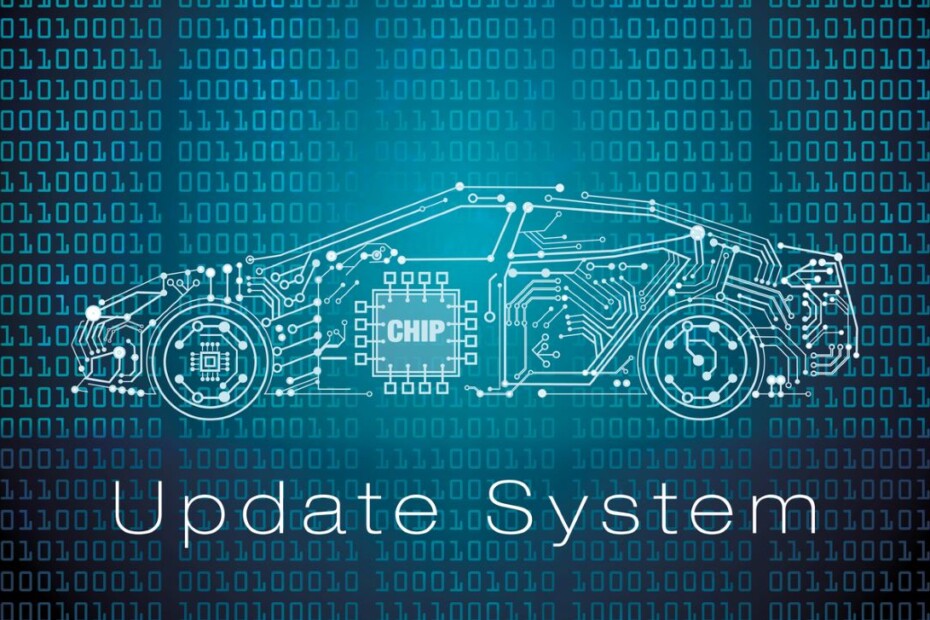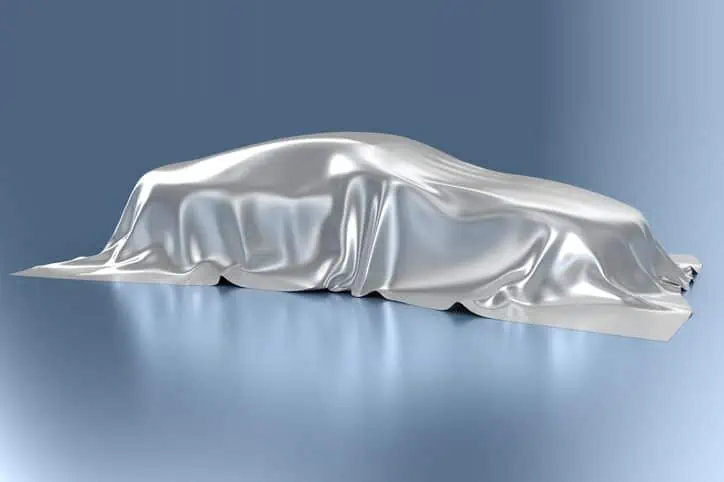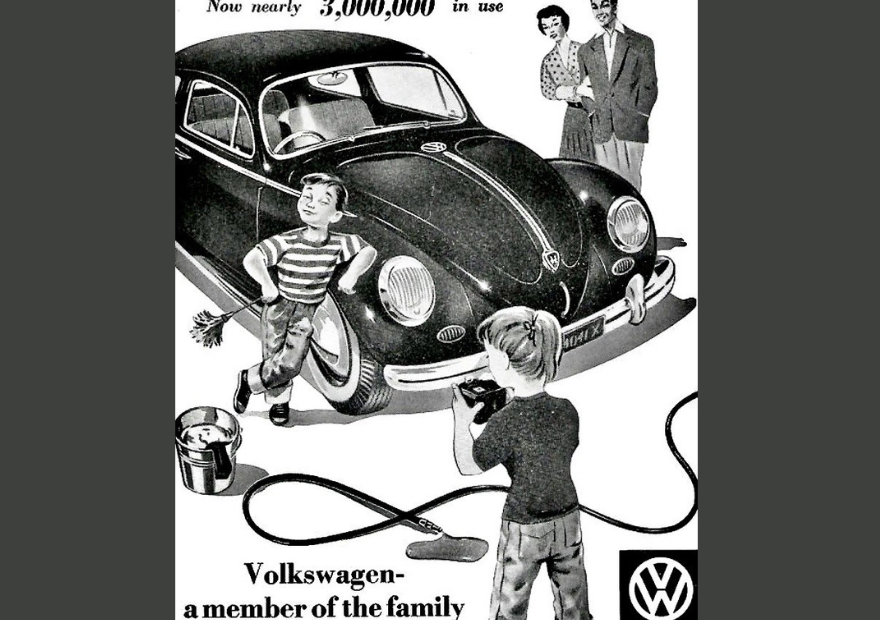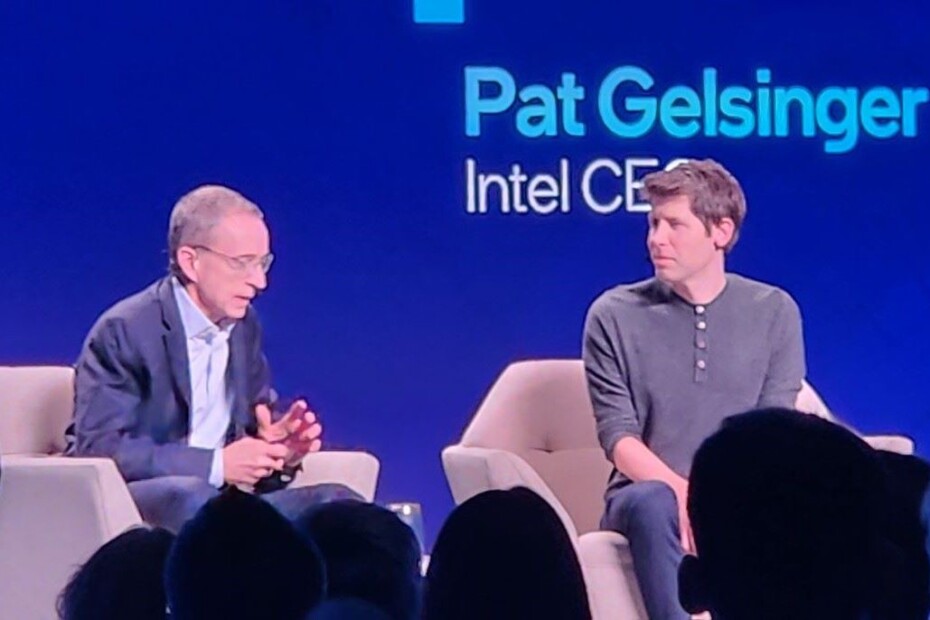The Unfulfilled Promise of Silicon Carbide
The power semiconductor material silicon carbide seemed poised for a different sort of band-gap leap in recent weeks as developers again touted SiC’s potential role in addressing skyrocketing electricity demand. That demand will only grow as sprawling data centers take on more energy-intensive AI workloads.
We were expecting to hear more about the promise of SiC technology and new applications this week from a key developer, Onsemi. Hours before we were to be briefed on its strategy, the chip maker based in Scottsdale, Ariz., abruptly postponed its announcement that appeared to be tied to a co-located event with AI chip giant Nvidia. No word on when Onsemi will reschedule its SiC platform announcement.
Read More »The Unfulfilled Promise of Silicon Carbide
